The views expressed in our content reflect individual perspectives and do not represent the authoritative views of the Baha'i Faith.
Over the past month, every book about how to become an “anti-racist” has sold out. Millions of white people across the globe have joined the Black Lives Matter movement through marches, protests, and individual initiatives in the wake of the killing of George Floyd. I’m glad to see folks caring and showing up. This burst of engagement is necessary and will need to continue if we want to see significant change. Some of the questions I’m being asked by other white people have inspired me to reflect on our responsibilities.
Did my white brothers and sisters not know the magnitude of racism for hundreds of years? What made this different from every other black man, woman, and child who has been killed by the police and/or racists in our nation? Was it the 8 minutes and 46 seconds that the world watched that made people finally take to the streets for so worthy a cause? Is it that we finally reached our tipping point? Science has shown that a tipping point is “the point at which a series of small changes or incidents becomes significant enough to cause a larger, more important change.”
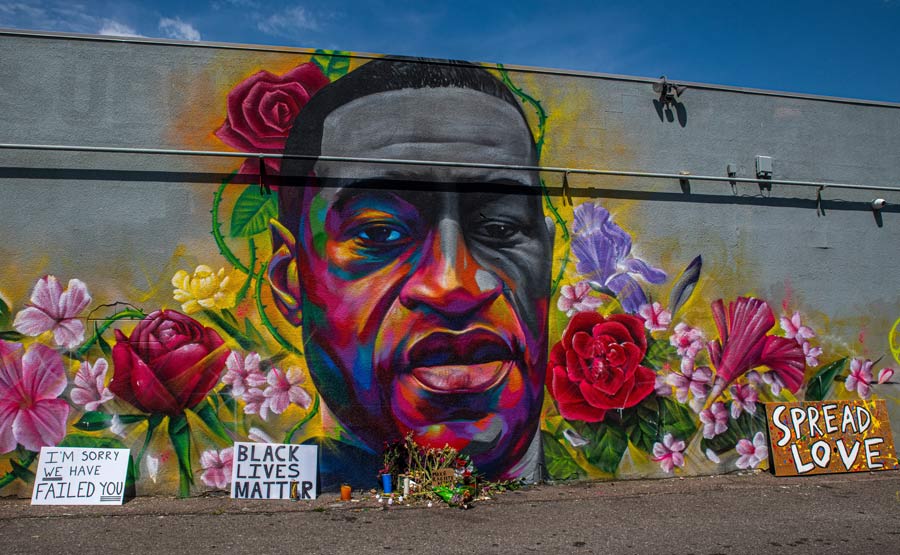
What is the role of white Americans today in addressing racism in the United States?
On December 25, 1938, Shoghi Effendi, the Guardian of the Baha’i Faith, wrote a letter to the Baha’is of America. In this letter, he described what the American Baha’is must do to help bring peace to the world. This letter was quite long and has been turned into a book that we now know as “The Advent of Divine Justice.”
In it, he wrote about what needs to happen to bring about race unity in the United States. Bringing this about, he said, is the responsibility of white and Black people. As a white American, I pay specific attention to what Shoghi Effendi said I need to do:
“Let the white make a supreme effort in their resolve to contribute their share to the solution of this problem, to abandon once for all their usually inherent and at times subconscious sense of superiority, to correct their tendency towards revealing a patronizing attitude towards the members of the other race, to persuade them through their intimate, spontaneous and informal association with them of the genuineness of their friendship and the sincerity of their intentions, and to master their impatience of any lack of responsiveness on the part of a people who have received, for so long a period, such grievous and slow-healing wounds.”
Writing with the terminology used in the 1930s, Shoghi Effendi gave this responsibility to Black people:
“Let the negroes, through a corresponding effort on their part, show by every means in their power the warmth of their response, their readiness to forget the past, and their ability to wipe out every trace of suspicion that may still linger in their hearts and minds…”
We each must do our part. However, as a white woman, I feel the need to speak to my white brothers and sisters. It is not my place to look at anyone but us.
So often we want to talk about unity and oneness without talking about justice. But how can we even start to have a conversation about unity without first having a conversation about establishing justice?
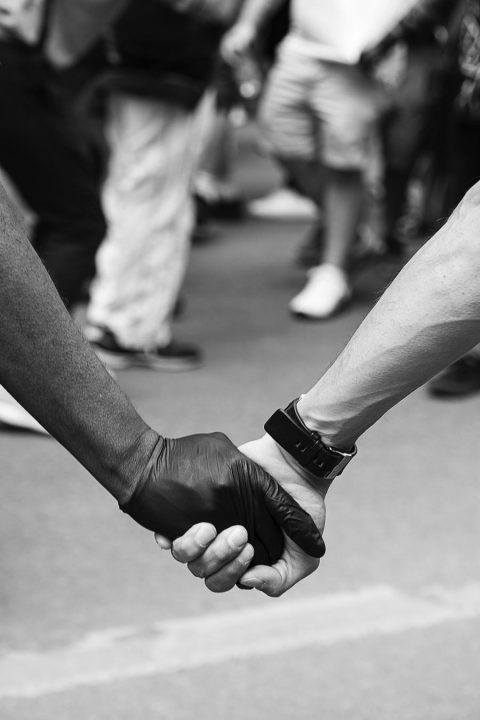
In 1859, Baha’u’llah the prophet and founder of the Baha’i Faith wrote, “O Son of Spirit! The best beloved of all things in My sight is Justice.”
He also wrote that “The light of men is Justice. Quench it not with the contrary winds of oppression and tyranny. The purpose of justice is the appearance of unity among men.”
When I read “The purpose of justice is the appearance of unity among men,” my understanding is that it is not possible to have unity without first having justice — that justice is a key element that will help lead us to unity. A call for justice is what we see through the Black Lives Matter movement.
Humanity has witnessed a long, treacherous, and thorny road when it comes to racism in America. The Baha’i writings offer the solution to so perplexing and great a problem. But to say the Baha’i writings have the answer is not to say ending racism and achieving justice will be easy. On the contrary. Shoghi Effendi made it very clear how difficult this will be when he wrote that “a tremendous effort is required.”
As he explained:
“As to racial prejudice, the corrosion of which, for well-nigh a century, has bitten into the fiber, and attacked the whole social structure of American society, it should be regarded as constituting the most vital and challenging issue confronting the Bahá’í community at the present stage of its evolution. The ceaseless exertions which this issue of paramount importance calls for, the sacrifices it must impose, the care and vigilance it demands, the moral courage and fortitude it requires, the tact and sympathy it necessitates, invest this problem, which the American believers are still far from having satisfactorily resolved, with an urgency and importance that cannot be overestimated.”
He goes on to reference the words of Abdu’l-Baha, the son of Baha’u’llah. Abdu’l-Baha traveled to the United States in 1912 and raised the call for racial justice and unity. At a time when segregation was the norm, he insisted that every venue he spoke at be racially integrated. Abdu’l-Baha said, “If this matter remaineth without change, enmity will be increased day by day and the final result will be hardship and bloodshed. So Shoghi Effendi advised Americans:
“Let them, while each is attempting to contribute its share to the solution of this perplexing problem, call to mind the warnings of ‘Abdu’l-Bahá, and visualize, while there is yet time, the dire consequences that must follow if this challenging and unhappy situation that faces the entire American nation is not definitely remedied.”
Here we are 82 years later and the vast majority of white people still have not done what has been asked of us. What is our role in the solution of so great a problem? What does it mean when Shoghi Effendi asks us to make “a supreme effort” when it comes “to the solution of this problem” — and how does this apply to our homes, neighborhoods, workplace, spaces of worship, and social settings?
Shoghi Effendi wrote that white people must “abandon once for all their usually inherent and at times subconscious sense of superiority, to correct their tendency towards revealing a patronizing attitude towards the members of the other race.”
This raises several questions for me that I hold myself accountable to: What have I done in my life to address this within myself? How have I worked through this challenge?
It’s hard to address something that is “usually inherent and at times subconscious.” If it’s “subconscious” that means we must do our inner work and identify that which we may be blinded to. This nation was founded on white supremacy, the idea that, as the saying goes, what is white is right. We have seen this play out in every facet of our society, from things as simple as the color of Band-Aids to the continued segregation of schools. So how do we address this problem?
Every day I reflect on these statements from Shoghi Effendi, I consider the quotes from Baha’u’llah about justice, I look to the example of Abdu’l-Baha and how he championed race unity with every breath, and I take a personal inventory of how it applies to my life. When you do this, you might be surprised by what you find.
This self-inventory process is not something to do once. Instead, I return to it often and ask myself where I have done better and where I still have room to grow. If each of us makes this type of commitment, I believe we will change our communities and finally have done what has been asked of us.
Watch Faith’s video for the ’The Race Unity Project’
Shoghi Effendi wrote that white people must persuade Black people “through their intimate, spontaneous and informal association with them of the genuineness of their friendship and the sincerity of their intentions.” Given that, here are some of the questions I regularly ask myself:
- What have I done in my life to have intimate, spontaneous, and informal relationships?
- Do I invite African Americans to my home?
- Are Black people in my daily life?
- Do I share fellowship with people who do not look like me?
- Do I have genuine friendships that are sincere, and do I share time together outside of “community life”?
- Do I vacation with Black friends, or do we have dinner in one another’s homes?
- Have I worked to educate myself on the true history of America?
- Do I know anything about how Black people move through the world — for example, their experiences shopping in stores, the ways they are often harassed by the police, or how guidance counselors in schools often steer Black children away from advanced classes? (The above examples are all things that most white people take for granted due to white privilege. Most of us believe Black people experience life the same way we do.)
- Have I read historical accounts of history by African American authors?
- Have I watched movies and documentaries to help me understand the weight and significance of why this is so important?
- Do I confront family, friends, and co-workers when racism is expressed?
- Do I spend my hard-earned dollars with Black-owned businesses?
- When in a hiring position, do I hire Black people?
- Have I educated myself through books and/or trainings on how to be an anti-racist?
I know as a white American that if I can’t say yes to all these questions then I have more work to do! This list is in no way complete, but rather just a starting point. There is always more work to be done.
Finally, Shoghi Effendi wrote that white people must “master their impatience of any lack of responsiveness on the part of a people who have received, for so long a period, such grievous and slow-healing wounds.” This is the deep work that we all must do to create strong communities filled with healing.
What white people are being called to is a lifelong commitment to looking within ourselves and doing better. We are being called to make sure we are standard-bearers of justice who address racism within our hearts and minds and among the people who look like us. We must educate ourselves before we seek those intimate bonds of friendship with African Americans so that we do not hurt or offend a people who have received such deep slow-healing wounds. We must contribute our share, and when we do our part and stand up for justice, we will be able to celebrate oneness and unity.


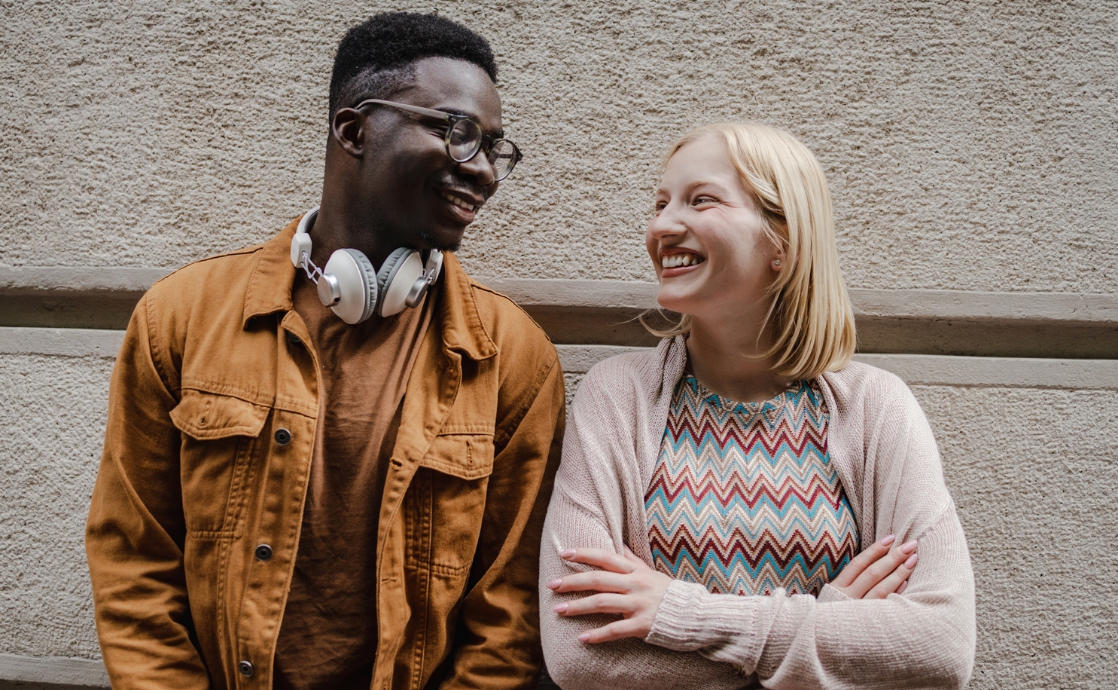
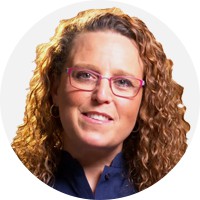
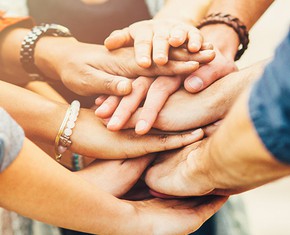
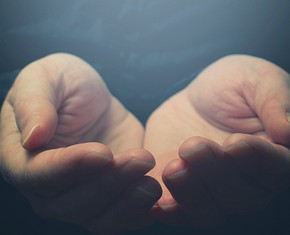
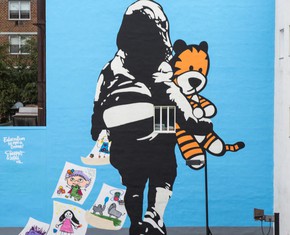









Comments
Sign in or create an account
Continue with Googleor